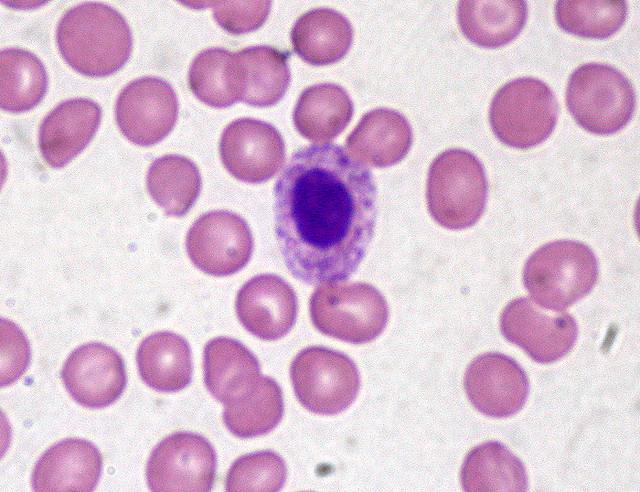
Recognizing the Signs of Severe Anemia: What to Look Out For
Anemia is a common condition that occurs when your blood lacks enough healthy red blood cells or hemoglobin. It can be caused by a variety of factors, including iron deficiency, vitamin B12 or folate deficiency, chronic diseases, and bone marrow problems. While mild cases of anemia may not cause any noticeable symptoms, severe anemia can lead to serious health complications if left untreated. In this article, we will explore the signs and symptoms of severe anemia and what to look out for.
1. Extreme Fatigue
One of the most common symptoms of severe anemia is extreme fatigue. This occurs when the body doesn’t have enough red blood cells to carry oxygen to the tissues and organs, resulting in a lack of energy. Individuals with severe anemia may feel constantly exhausted, even after getting adequate rest. This fatigue can significantly impact their ability to perform daily activities and can be quite debilitating.
2. Pale or Yellowish Skin
Another noticeable sign of severe anemia is pale or yellowish skin. When the red blood cell count is low, the skin may lose its natural color and appear noticeably pale. This is due to the lack of hemoglobin, which gives blood its red color. In severe cases, the skin may take on a yellowish hue, a condition known as jaundice, caused by the buildup of bilirubin in the blood.
3. Shortness of Breath
Shortness of breath is a common symptom of severe anemia, as the body struggles to get enough oxygen to the tissues and organs. When the red blood cell count is low, the heart has to work harder to distribute oxygen to the rest of the body, resulting in difficulty breathing, especially during physical activity. Individuals may feel breathless, even when performing simple tasks, such as walking or climbing stairs.
4. Dizziness and lightheadedness
Severe anemia can also lead to dizziness and lightheadedness, as the brain may not be getting enough oxygen. This can result in feelings of being off-balance, lightheaded, or as if you might faint. These symptoms can be particularly concerning, especially if they occur suddenly or frequently, and should be addressed with a healthcare professional.
5. Rapid or Irregular Heartbeat
A rapid or irregular heartbeat can also be a sign of severe anemia. When the body is not getting enough oxygen, the heart may start to beat faster to compensate. This can lead to palpitations, heart murmurs, or an irregular heartbeat, and should be evaluated by a medical professional.
6. Cold Hands and Feet
Poor circulation can contribute to cold hands and feet, a common symptom of severe anemia. When the body lacks adequate red blood cells, the circulation to the extremities, such as the hands and feet, may be compromised, resulting in a constant feeling of coldness.
7. Chest Pain
In severe cases of anemia, individuals may experience chest pain or angina, especially during physical activity or exertion. This occurs when the heart is unable to pump enough oxygen-rich blood to meet the body’s demands, leading to discomfort or pain in the chest.
8. Headaches
Severe anemia can also lead to headaches, as the brain may not be receiving enough oxygen. Individuals may experience persistent or throbbing headaches that do not respond to over-the-counter pain medications.
9. Weakness and Fatigue
Weakness and fatigue are common symptoms of severe anemia. Individuals may feel weak, listless, or experience muscle weakness, making it challenging to perform daily tasks or exercise.
10. Cognitive Impairment
In severe cases, anemia can affect cognitive function, leading to difficulty concentrating, memory problems, or confusion. Individuals may feel mentally foggy or have trouble focusing on tasks.
If you or someone you know is experiencing any of these symptoms, it’s essential to consult a healthcare professional for an accurate diagnosis and appropriate treatment. Severe anemia can lead to serious complications if left untreated, so it’s crucial to seek medical attention promptly.
In conclusion, recognizing the signs of severe anemia is crucial for early intervention and effective management of the condition. If you or someone you know is experiencing extreme fatigue, pale or yellowish skin, shortness of breath, dizziness, rapid heartbeat, cold hands and feet, chest pain, headaches, weakness and fatigue, or cognitive impairment, it’s essential to consult a healthcare professional for evaluation and treatment. Anemia can have a significant impact on overall health and well-being, but with proper management and treatment, individuals can regain their energy and vitality.

















